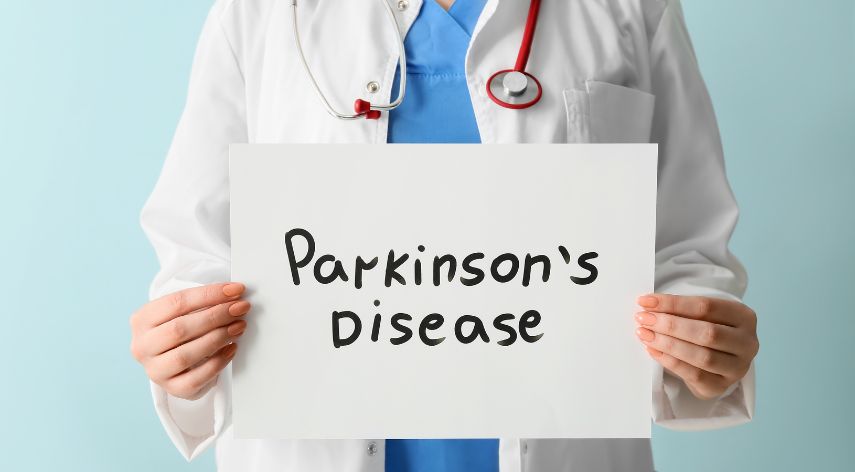How to Tell If You Are Having a Panic Attack: What to Watch For

Did you know that approximately 2.7 percent of Americans deal with panic disorders each year?
It’s a normal part of life to experience anxiety sometimes. However, sudden feelings of terror and panic can be consuming, debilitating, and scary.
Experiencing a panic attack can be particularly frightening if you don’t recognize the signs and symptoms. This guide outlines how to tell if you are having a panic attack and how to prevent a panic attack.
Read on for everything you need to know.
Table of Contents
ToggleWhat is a Panic Attack?
While everybody experiences panic attacks differently, you will typically feel hot, shaky, faint, or dizzy. You may experience tingling or numbness in your hands, as well as flushing or chilling.
Other common signs of a panic attack include nausea, chest discomfort, confusion, fear, and a sense of impending disaster. During panic attacks, many people genuinely believe they are suffering a heart attack, going insane, or on the point of death.
Panic attacks can happen at any time, even when you’re sleeping. A typical episode lasts around 10 minutes. However, certain symptoms might last considerably longer.
What Causes a Panic Attack?
The triggers for panic attacks vary by case. The specific cause of panic attacks, like many other mental health issues, is not fully understood.
However, it is likely to be caused by a mix of factors, including a traumatic life experience, bereavement, having a close family member with panic disorder, or a chemical imbalance in the brain.
Exposure to certain triggering stimuli can cause the rapid onset of a panic attack in some patients. Identifying what causes your panic attacks to come on can help you work through the problem and manage your panic attacks.
How to Treat a Panic Attack
Treatment for panic attacks usually involves psychiatric counseling, medicine, or both. Whatever path you and your doctor choose, it’s essential you are patient and stick with the process.
When patients stick to their treatment plan, the vast majority resolve their panic attacks with no long-term issues. Counseling can also help show you that the symptoms of panic attacks cannot truly harm you.
You and your therapist will work through your experiences in a safe, progressive manner until they become less frightening. They will give you advice on recognizing your triggers and how to prevent a panic attack before it becomes debilitating.
Neurofeedback panic attack therapy can help you conquer your condition and make meaningful changes. Check it out today.
Explained: How to Tell if You Are Having a Panic Attack
Understanding the signs of a panic attack is the first step to taking control of your panic disorder. If you don’t know what symptoms to look out for, the experience e can be even more disturbing than it has to be.
We hope this guide has equipped you with how to tell if you are having a panic attack, and some practical prevention measures.
If you enjoyed this post, check out the rest of our articles for more inspiration and advice.
Alice Christina, a seasoned health writer, combines her passion for wellness with a strong foundation in evidence-based research. She crafts insightful content that empowers readers to make informed health decisions. Alice's expertise shines through her concise and reliable health articles.
Recommended For You
Spread the loveAre you striving to lose weight without sacrificing your health? With weight loss advice seemingly coming from every
Spread the loveSeniors with Parkinson’s disease (PD) can lead satisfying lives, even though there is currently no cure for the
Spread the loveHave you ever stumbled upon an IP address that seems to be shrouded in mystery? One such enigmatic





